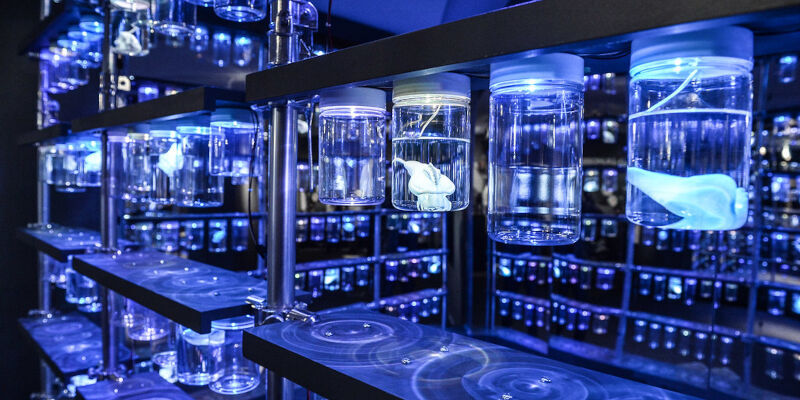
A team from the Faculty of Arts, Humanities and Cultures has secured £1 million in funding from global charitable foundation Wellcome to develop medical humanities research.
The three-year development grant will be used to further understand the relationship between the human body and technologies associated with health and disability as part of a project called LivingBodiesObjects: Technology and the Spaces of Health.
Professor Stuart Murray, Director of the Leeds Centre for Medical Humanities, is joint leader of the research, alongside Dr Clare Barker and Dr Amelia DeFalco in the School of English, Dr Tom Jackson in the School of Media & Communication, Professor James Stark in the School of Philosophy, Religion and History of Science, and Faye Robinson from the University’s Research and Innovation Service.
“It would not have been possible without the dedication and hard work of colleagues and the inspiration of our students. ”
Professor Murray said: “This award was open to academics across the world and it is a very significant achievement to have been successful. It would not have been possible without the dedication and hard work of colleagues and the inspiration of our students.
“The Leeds team will work with creative facilitators Immersive Networks and develop a series of six-month residencies with an inspiring group of external partners – the Bhopal Medical Appeal and the Remember Bhopal Museum, Blueberry Academy, Interplay Theatre and the Thackray Museum of Medicine.
“The funding is given specifically for groups of researchers who want the time and resources to produce highly innovative research that has the potential to reshape the field as a whole.
“Ultimately, this work will further understanding of the interaction between bodies, technologies and our response to health interventions.”
Medical humanities research at Leeds brings together researchers who work on a broad range of topics across the interaction between literature, history, culture and medicine and health.
The group is one of the most active of its kind in the UK and uses the critical thinking practices of the arts and humanities to ask questions rooted in experiences, practices, representations and histories of medicine, health, illness, disability and care.
For media enquiries, email the University of Leeds Press Office at pressoffice@leeds.ac.uk.